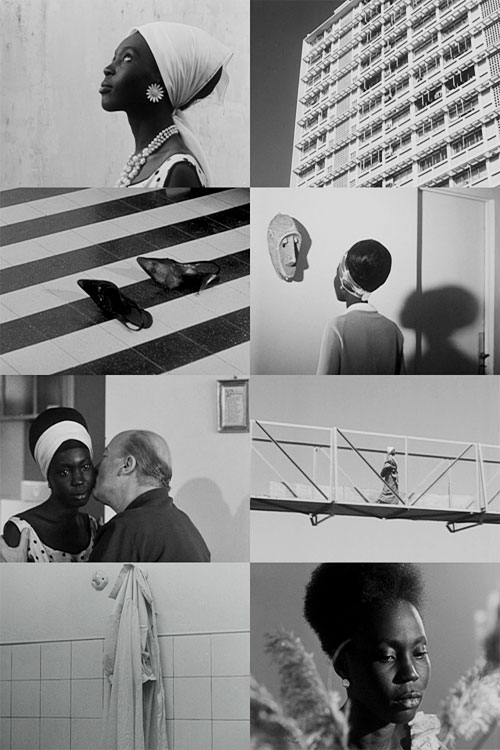What makes this scene very interesting is not just that it was shot in Paris, but also that is was shot during the annual Carnival of Humanity organized by the French Communist Party. This carnival for the proletariat doubles as a carnival for indebted neoliberal consumers. Such was the depth of Mambéty’s pessimism.
As quoted here →
Christopher Boehm, Moral Origins: The Evolution of Virtue, Altruism, and Shame (New York: Basic Books, 2012), 83.
Ibid, 87. Emphasis in the original.
See Kropotkin’s Mutual Aid: A Factor in Evolution (1902) →
In Structure of World History: From Modes of Production to Modes of Exchange, Kojin Karatani, the Japanese Hegelian, organizes society into three forms: capitalism, the state and the nation. Each of these forms has a deep history. Capitalism comes from European mercantilism; the state from the European absolutist monarchy; and the nation from European peasantry. These essential figure in each is: money, the king, and the village. The modern European state came into formation in the 16th century by first the alliance of merchants (the city) and the king (the castle). These two were soon joined with the tribe (the village) to become what we still have today: capitalist nation-state. To modernize, each formation challenged and defeated its past. Democracy challenged the absolutist monarchy (beheading the king); classical political economy (Adam Smith, David Ricardo) challenged the core obsession of mercantilism, which was money, bullionism; and cosmopolitanism (tolerance) challenged “rural idiocy.” But when there is a crisis, the modernized forms (capitalism, the state, nationalism) revert to their original, pre-modern condition. And each formation has its essential crisis: for the state, it is war; for the market, it is an economic crash or bust; for the nation, it is the appearance of the stranger. When war happens, we get a king. When a crash occurs, we get a run on the bank, a panic to go liquid, a primal mercantilist obsession with money (bullionism). When a stranger appears, we get the tribe. Also, these forms have only been in harmony in the decades between the end of the Second World War and the early 1970s. Wolfgang Streeck, the German sociologist, calls this the era of democratic capitalism. The Bretton Woods economic order that was established in 1944 imposed capitals controls, and thereby limited power of capital and provided space for national and democratic integration and development.Before the Second World War, the tensions between democracy and nation on one side and capitalism on the other, had been escalating. The destruction caused by the war and the subsequent reconstruction of Europe eased these tensions not only in the West but much of the developing world. The 1950s and 1960s saw the reconstruction and rediscovery of nationalist identities and spirit in African states that were protected from the world culture of the world market. This freedom came to an end in the 1980s with the repurposing of the World Bank and IMF (Bretton Woods institutions), the formation of the Washington Consensus, and the deployment of Economic Adjustment Programs that required the liberalization of capital markets in poor and developing nations. This ended the national project as it was known in the post-war Keynesian period. This is the meaning of the references to the World Bank in Hyènes, a film made in the opening years of capitalism‘s resurgence. The nation and democracy were disconnected. The peace between capital and nation/democracy proved to be brief.
N. Frank Ukadike, “The Hyena’s Last Laugh: A Conversation with Djibril Diop Mambéty,” Transition 78 (1999): 136–53 →.
Djibril Diop Mambéty: “Dramaan Drameh in Hyènes, we find that he, too, is marginalized, although he is a well-known character in the city of Colobane; he is marginal even though he owns a market.” Ibid.
“Capital punishment in the United States is administered in an economically discriminatory way. The wealth disparity between those murderers who live and those who die constitutes a serious constitutional challenge to the permissibility of the death penalty.” Jeffrey L. Johnson and Colleen F. Johnson, “Poverty and the Death Penalty,” Journal of Economic Issues, vol. 35, no. 2 (June 2001): 517–23.
Michel Foucault, The Birth of Biopolitics: Lectures at the Collège de France, 1978–1979, trans. Graham Burchell (New York: Picador, 2010).
